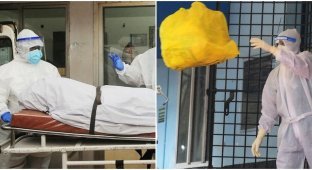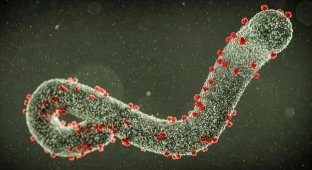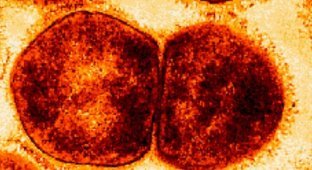An outbreak of a virus with a fatality rate of 75% raises concerns among experts (5 photos)
The World Health Organization has reported an outbreak of a dangerous virus with a high mortality rate of 75%. A new case has been confirmed in India: a man has tested positive for an infection that causes cerebral edema. His father died of the same disease. 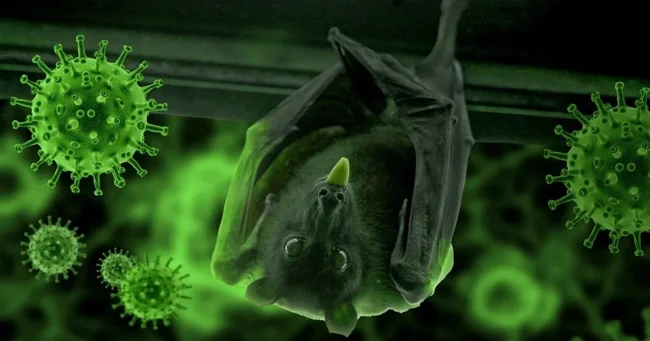
The Nipah virus is very dangerous. It is transmitted by bats, like Covid. People can become infected by eating fruits or palm juice contaminated with the urine, saliva, or droppings of these animals.
The 32-year-old man had been in contact with his infected father before his death and contracted the virus himself. 
Nipah is easily transmitted from person to person. There is no vaccine or specific treatment, so the chances of survival are low. Two-thirds of those infected die.
According to reports from South India, at least five people have tested positive this month, mostly in Malappuram and Palakkad districts in Kerala. An 18-year-old patient died, raising fears of the virus spreading. 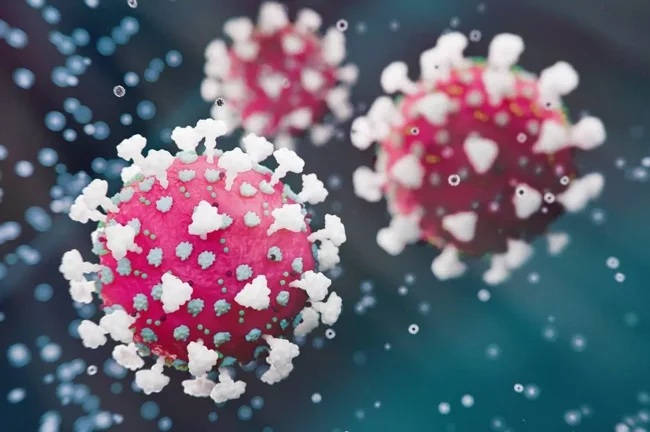
Two more women, aged 38 and 42, from Malappuram district have also tested positive. Kerala Health Minister Veena George said that after the death of the 18-year-old girl from Palakkad district, her 58-year-old father also died. Following the report, local authorities cordoned off an area within a three-kilometre radius of the man's house.
A total of 723 people have been found to have come into contact with the infected people in the five known cases. Of these, 17 are currently undergoing treatment while others are awaiting results. 
The World Health Organization warns that this virus could cause serious problems for the entire world and even lead to a new pandemic. However, Veena George said: "There is no confirmation of human-to-human transmission yet. These could definitely be two separate cases." 
Symptoms include the main signs of flu: fever, headache, cough and sore throat. In severe cases, neurological problems may occur: disorientation, seizures. Survivors often face lifelong consequences, such as personality changes or seizure disorders.












